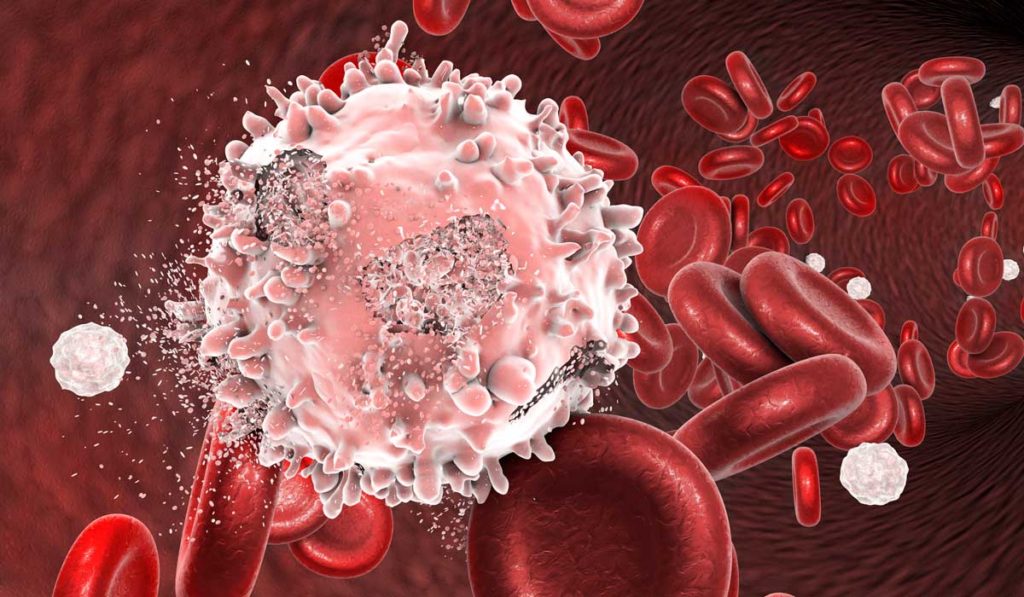Researchers at Vanderbilt University Medical Center and the Vanderbilt University School of Engineering are exploring whether tumor cell fragments may be used as a vaccine for breast cancer metastasis. Termed tumor nano-lysate, the preventative vaccine is generated by sonicating cancer cells. Initial studies reveal its administration can reduce the number of metastatic tumors and extend survival.
“This approach is elegant in its simplicity. It involves taking cancer cells, mechanically generating the nano-lysate, and reintroducing it intravenously,” said Michael King, Ph.D., senior author on the study and chair of Biomedical Engineering at Vanderbilt University.
Research Behind the Vaccine
The idea for the preventative vaccine sprung from King’s earlier research on TRAIL (tumor necrosis factor-related apoptosis-inducing ligand), a protein that under the fluid shear force of blood circulation binds cancer cells to selectively induce cell death.
“The idea of attacking tumor cells in the bloodstream or filtering them out to prevent metastasis is something my lab first started exploring about 15 years ago,” King said.
Using a mouse model of triple-negative breast cancer, King’s group has previously shown that timing intravenous administration of TRAIL-conjugated liposomes specifically around primary tumor resection can prevent metastasis and extend survival.
Additional work from his team has revealed that when TRAIL encounters circulating cancer cells, rapid lysis ensues. “The reaction is violent,” King explained. “Within two hours of exposure to TRAIL-conjugated liposomes, circulating tumor cells are completely ruptured, releasing billions of microparticles into the blood.”
King suspects that the cancer cell fragments may be exposing tumor-associated antigens to cells in the immune system, aiding in immune memory and preventing tumor development from remaining circulating tumor cells. “Maybe the resulting apoptotic bodies could act like a cancer vaccine.”
Generating Tumor Nano-Lysate
As a first step in testing this idea, the team now reports in the journal Langmuir that probe sonication can be used to mechanically disrupt tumor cells as an artificial method of generating nanoscale cancer cell fragments.
The cell fragments in tumor nano-lysate are similar in size, charge, morphology and composition to TRAIL-generated cell fragments. Initial studies testing the nano-lysate’s effectiveness at preventing cancer in animal models have yielded promising results.
“In mice that received tumor nano-lysate, tumors grew slower, metastases developed later, and survival was prolonged.”
“We injected the tumor nano-lysate into mice and then later challenged the mice with breast cancer cells,” King said. “In mice that received tumor nano-lysate, tumors grew slower, metastases developed later, and survival was prolonged.”
A Future Focus on Immune Cells
King is excited about the potential of tumor nano-lysate, especially as there is ample room to optimize the vaccine with adjuvants, but also emphasizes that follow-up work is needed. “This was a preliminary trial; the main focus of this paper was the chemistry and the physics of tumor nano-lysate,” King said.
King and his research team are now working to understand how immune cells respond to tumor nano-lysate exposure. “We’ve obtained some early results showing that B cells become activated by the nano-lysate,” he said. “We’re doing a careful review of the cellular mechanisms.”





